7 Proven L-Glutamine Benefits
Have you heard about the incredible health benefits of L-glutamine? First used in powder form by people in the fitness industry (including bodybuilders) who were looking to preserve muscle tissue, L-glutamine is an amino acid that is a building block of protein and needed by your body in large amounts.
The most common uses of glutamine powder were to meet the following goals: to lose weight fast, burn fat and build muscle. And while that remains the case, science is now showing that glutamine benefits are abundant: It promotes digestive and brain health, boosts athletic performance, plus this amino acid is especially helpful in treating leaky gut and improving your overall health.
In fact, it is one of my top three most recommended supplements overall for treating leaky gut and/or building a lean body. Find out why.
New research is now showing that L-glutamine benefits the body in the following ways:
1. Improves gastrointestinal health
L-glutamine benefits your health if you have any type of digestive issue, such as irritable bowel syndrome (IBS), an inflammatory bowel disease like Crohn’s disease, ulcerative colitis, diverticulosis, diverticulitis, leaky gut or any of the issues associated with leaky gut (like joint pain, rosacea or any type of autoimmune response). Because it’s a vital nutrient for the intestines to rebuild and repair, you need this amino acid in your diet on a regular basis. (2)
It’s worth noting that the man famous for discovering the Krebs cycle in the body (also known as the “citric acid cycle“) was the first person to recommend taking L-glutamine for gut-related issues. That’s because Sir Hans Adolf Krebs — a German-born British biochemist who received (with Fritz Lipmann) the 1953 Nobel Prize for Physiology — found that it helped improve a healthy gut-related immune response. And additional research supports this finding.
A study published in the journal of Clinical Immunology found that L-glutamine normalizes the effects of the TH2 immune response that stimulates inflammatory cytokines. (3) The effects of L-glutamine in these studies show that it reduces intestinal inflammation and can help people recover from food sensitivities.
2. Helps leaky gut and ulcers
There are millions of people struggling with a condition called leaky gut syndrome, which is essentially the main cause of autoimmune disease today. Leaky gut can cause thyroid issues like Hashimoto’s disease; it also contributes to arthritis, skin issues like psoriasis and other serious health issues.
Because glutamine is the major fuel source for cells of the small intestine, it has been shown to heal leaky gut in clinical studies. A study published in the medical journal Lancet examined 20 hospital patients and found that supplementing with L-glutamine decreased intestinal permeability. (2) An animal study published in the British Journal of Surgery found that L-glutamine benefits ulcerative colitis and inflammatory bowel disease. (4)
It can also help heal ulcers by acting protection from further damage, plus offers a healthier, natural alternative to antibiotics for the treatment of stomach ulcers. (5)
If you’re unsure if you suffer from leaky gut, take my leaky gut test. If, indeed, you appear to have leaky gut, L-glutamine is the No. 1 amino acid you need to help heal and repair it.
3. Boosts brain health
A precursor to the neurotransmitter glutamate in your brain, glutamine is key to boosting your brain health. Why? A disruption of the glutamine-glutamate cycle can result in all kinds of brain problems, including Reye’s Syndrome, epilepsy, bipolar disorder, schizophrenia, anxiety, depression and alcohol addiction. (6)
Glutamine can also help stall brain aging. Mitochondrial dysfunction causes abnormal increases in the neurotransmitter glutamate and, again, puts the brain at risk for developing the above problems. A study conducted at the New York University School of Medicine showed that even mild traumatic brain injury caused brain atrophy, and most of this damage was due to the disrupted glutamine-glutamate cycle and an abnormal increase in glutamate levels. (7)
4. Improves IBS and diarrhea
Glutamine helps improve IBS and diarrhea by balancing mucus production, which results in healthy bowel movements. (8) If you have Hashimoto’s or an underactive thyroid, it should be a part of your hypothyroidism diet. If you suffer from IBS symptoms like constant diarrhea or ulcerations, it needs to be part of your IBS diet.
5. Promotes muscle growth and decreases muscle wasting
Whether your goal is to increase athletic performance, boost metabolism, improve recovery or even build muscle, research shows that L-glutamine can significantly aid your efforts. During an intense workout, your body becomes stressed and your muscles and tendons require more glutamine than the amount supplied by a normal diet.
So, after an intense workout, the levels of cellular glutamine can drop by 50 percent and plasma levels by 30 percent! This muscle-wasting state is a gateway for the body to use your muscle for energy rather than carbohydrates. But glutamine can prevent this from happening. (9)
Supplementing with L-glutamine allows your muscles to fight and push a bit further, which boosts your strength and helps repair your skeletal muscles. A study found that glutamine supplementation makes it possible to recover quicker from intense weight training sessions because it improves muscle hydration. (10) This aids the muscle recovery process and reduces recovery time for wounds and burns. (11) It’s why glutamine supplementation is not only common for bodybuilders in the bodybuilding industry, but in nearly every athletic pursuit these days.
Replenishing glutamine levels after an intense session could take up to five days, so it is important to take it on a regular basis if you are doing intense exercise. Some bodybuilders say that glutamine works best when combined with certain brained chain amino acids (BCAAs), especially leucine. Others consume it post-workout with creatine in order to try to improve muscle recovery and restore the body’s energy stores.
6. Improves athletic performance and recovery from endurance exercise
One of L-glutamine’s main roles in the body is to support detoxification by cleansing the body from high levels of ammonia. It acts as a buffer and converts excess ammonia into other amino acids, amino sugars and urea. (12)
Doing approximately one hour of exercise can cause a 40 percent reduction of glutamine in the body. It can also cause suppressed immune function. This has a negative impact on your resistance training and may lead to overtraining syndrome. (13)
L-glutamine benefits long distance athletes as well by boosting the immune system (T-helper cells). (14) Animal studies have indicated that this increase in T-helper cells may reduce the ‘stresses’ associated with overtraining syndrome. (15)
7. Burns fat and improves diabetes
Research has indicated that HGH levels are up by nearly 400 percent after glutamine supplementation. This hormonal response leads to an increase in resting metabolic rate and improves the after-burn effect or EPOC post-exercise. This afterburn effect is essential for burning fat, weight loss and building lean muscle mass. (16)
L-glutamine also burns fat and builds lean muscle mass by helping suppress insulin levels and stabilize blood glucose. This enables the body to use up less muscle mass to maintain blood sugar and insulin sensitivity in the cells. In fact, six weeks of supplementation with 30 grams per day of glutamine powder “markedly improved some cardiovascular risk factors, as well as body composition, in patients with type 2 diabetes.” (17) For this reason, L-glutamine benefits diabetics and those with sugar and carb cravings as well. (18)
L-Glutamine Foods
With 70 million Americans now suffering from digestive diseases, it’s apparent that our diets are severely lacking certain nutrients that support the digestive tract. While L-glutamine is synthesized by the body from glutamic acid or glutamate, sometimes the body is unable to produce enough. And when this is the case, your body needs to get it directly from your diet.
L-glutamine is synthesized by the body from glutamic acid or glutamate. If the body is unable to produce enough it needs to get it directly from your diet. It can be found in animal proteins such as meats and dairy, along with plant-based protein sources such as beans, raw spinach, parsley and red cabbage. It’s worth noting, though, that animal proteins are not as easily digestible as plant proteins.
The foods with the most L-glutamine benefits include:
- Bone broth
- Grass-fed beef
- Spirulina
- Chinese cabbage
- Cottage cheese
Asparagus
- Broccoli rabe
- Wild-caught fish (cod and salmon)
- Venison
- Turkey
It is recommend to consume at least three servings of these L-glutamine-rich foods daily.
FINAL THOUGHT Whether you’re looking to increase your athletic performance, build muscle or improve a health condition such as leaky gut or diabetes, L-glutamine should be a part of your daily diet. Make it your go-to supplement, and it likely won’t be long until you start to feel the difference.

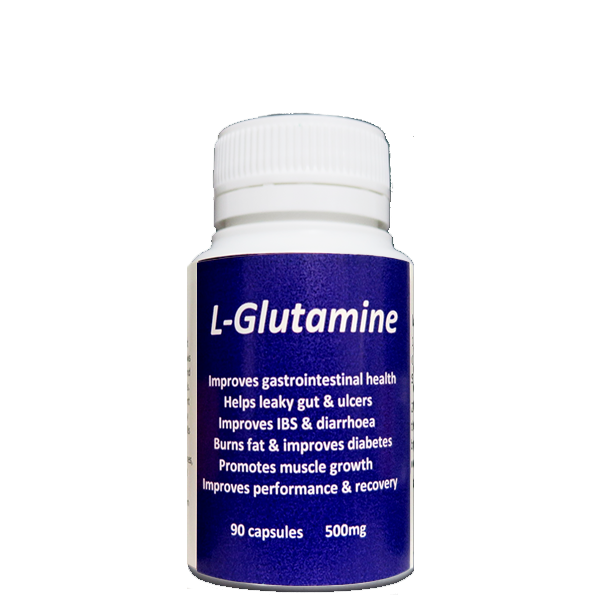
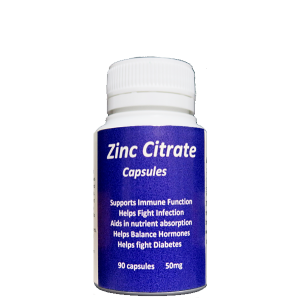
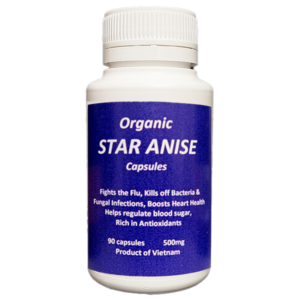
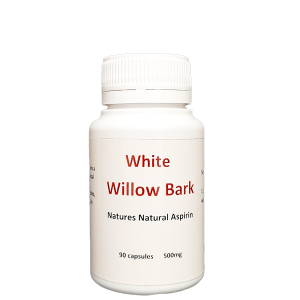
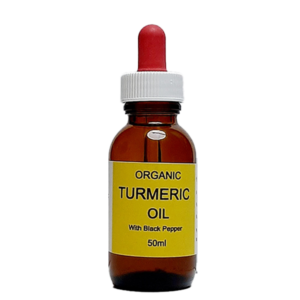
Reviews
There are no reviews yet.